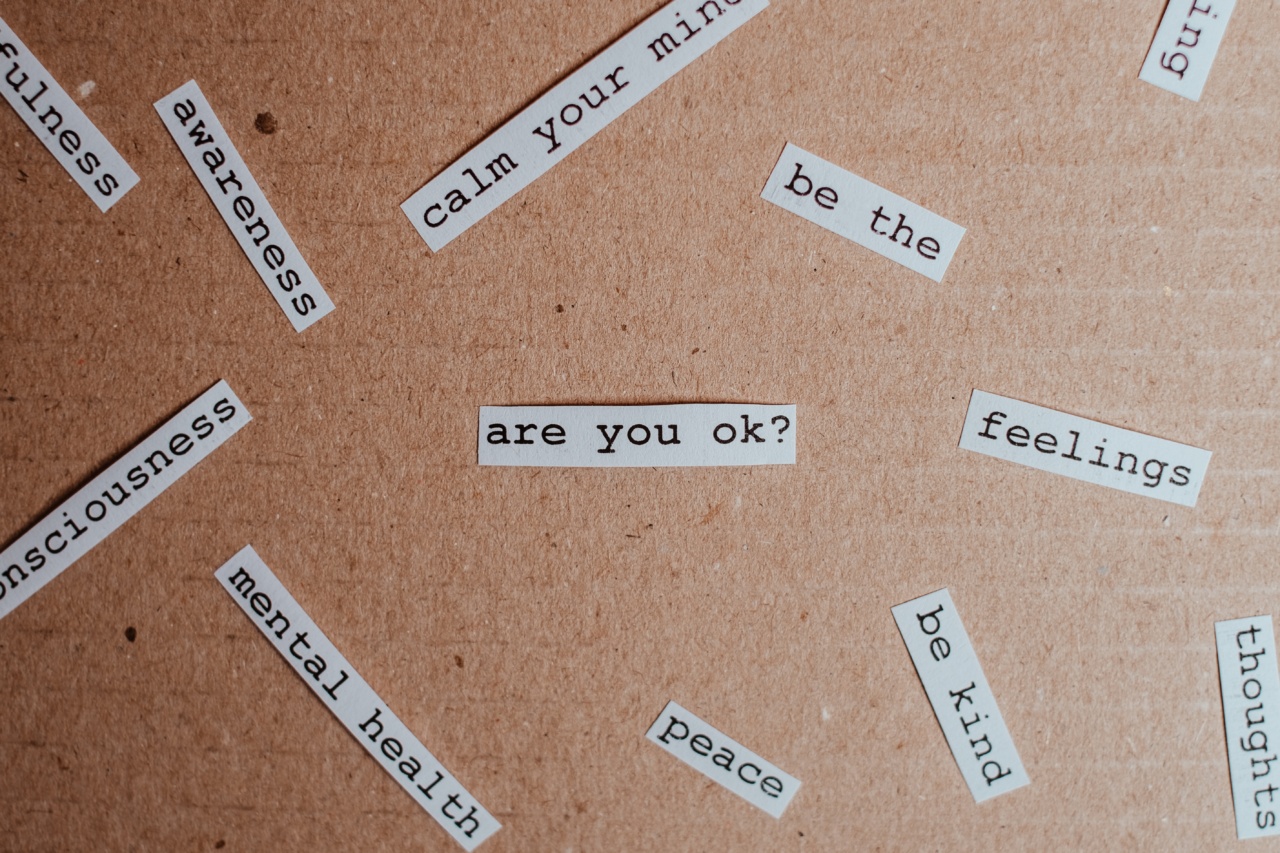Menstruation is a natural biological process that occurs in women every month. It involves the shedding of the uterine lining, which results in the release of blood and other materials from the body.
While menstruation is a normal occurrence, some women experience uncomfortable symptoms during their menstrual cycle, such as bloating.
Bloating is a common symptom of menstruation that affects many women. It refers to the feeling of fullness or swelling in the abdominal area. Bloating during menstruation can be uncomfortable and even painful in some cases.
In this article, we will explore the causes of bloating during menstruation and what you can do to alleviate it.
1. Hormonal Fluctuations
One of the primary causes of bloating during menstruation is hormonal fluctuations. Throughout the menstrual cycle, levels of estrogen and progesterone fluctuate, peaking during certain times and then dropping off.
During the menstrual period, levels of these hormones decrease, which can cause water retention in the body. This water retention can lead to bloating and swelling.
In addition to water retention, hormonal fluctuations during menstruation can also affect digestion. Hormones can slow the movement of food and waste through the digestive system, leading to constipation and bloating.
2. Diet
Your diet can also play a role in bloating during menstruation. Eating salty or high-fat foods can cause your body to retain more water, leading to bloating.
Additionally, consuming foods that are hard to digest, such as beans or cruciferous vegetables, can lead to gas and bloating.
It is also important to monitor your intake of caffeine and alcohol during menstruation. These substances can irritate the digestive system and increase bloating and discomfort.
3. Lack of Exercise
Exercise is essential for maintaining overall health and wellness, but it can also help prevent bloating during menstruation.
Physical activity can stimulate intestinal contractions and promote regular bowel movements, reducing the likelihood of constipation and bloating.
Additionally, exercise can help improve circulation throughout the body, reducing swelling and water retention. If you experience bloating during menstruation, try incorporating gentle exercises such as yoga or walking into your routine.
4. Medical Conditions
In some cases, bloating during menstruation can be a symptom of an underlying medical condition. Conditions such as endometriosis or polycystic ovary syndrome (PCOS) can cause bloating and other uncomfortable symptoms during menstruation.
If you experience severe or persistent bloating during menstruation, it is essential to talk to your healthcare provider.
Your provider can evaluate your symptoms, perform any necessary tests or exams, and develop a treatment plan to alleviate your discomfort and manage any underlying medical conditions.
What You Can Do About Bloating During Menstruation
If you experience bloating during menstruation, there are several steps you can take to alleviate your discomfort:.
- Eat a healthy, balanced diet that is rich in fruits, vegetables, and whole grains. Limit your intake of salt, high-fat foods, caffeine, and alcohol.
- Stay hydrated by drinking plenty of water and other non-caffeinated beverages.
- Exercise regularly, incorporating activities that promote regular bowel movements and reduce water retention, such as yoga or walking.
- Use over-the-counter medications such as anti-gas products to alleviate symptoms.
- Talk to your healthcare provider if you experience severe or persistent bloating during menstruation.
Bloating during menstruation can be uncomfortable and even painful. However, by understanding the causes of bloating and taking steps to alleviate your symptoms, you can enjoy a more comfortable menstrual cycle.































